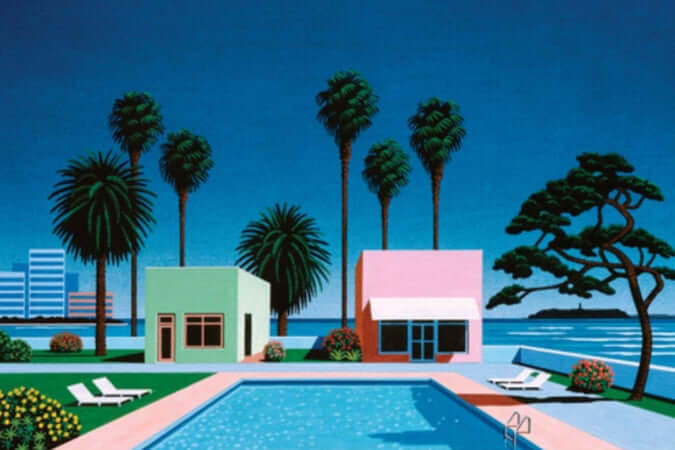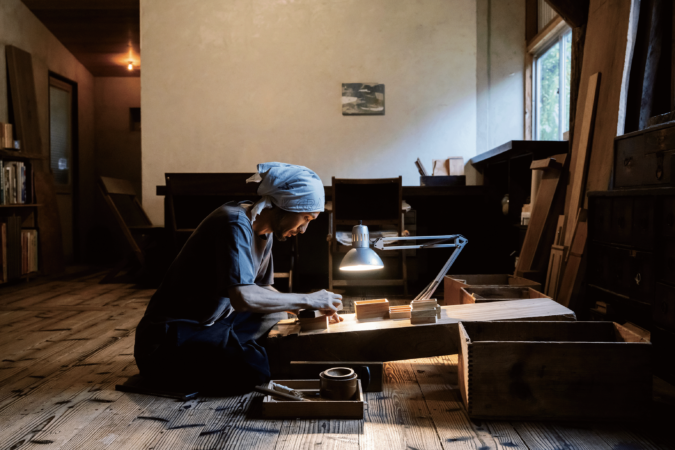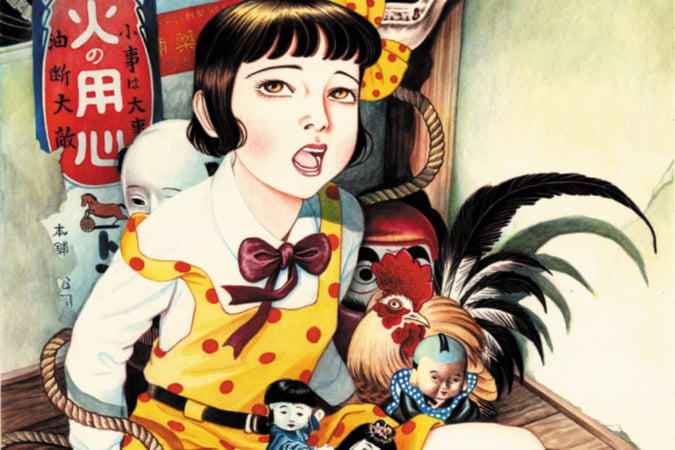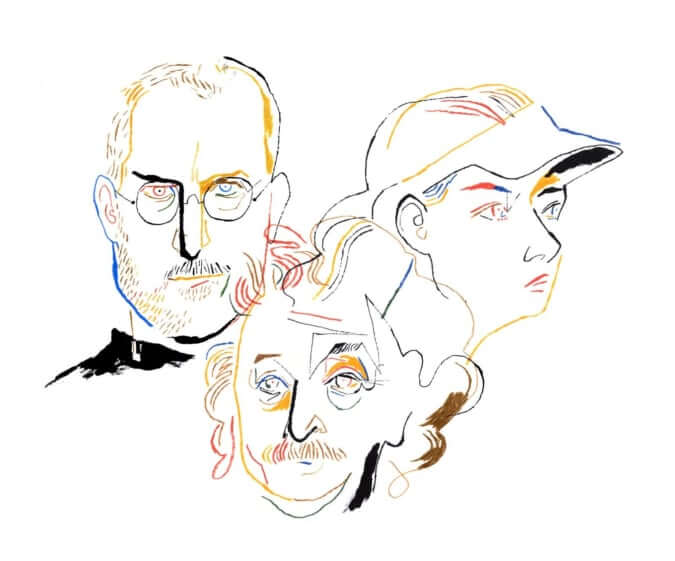Escape to Japan with a Coffee Break in Milan
Coworking space, café, restaurant, and concept store, Tenoha mixes genres in an environment that combines Japanese and Italian culture.
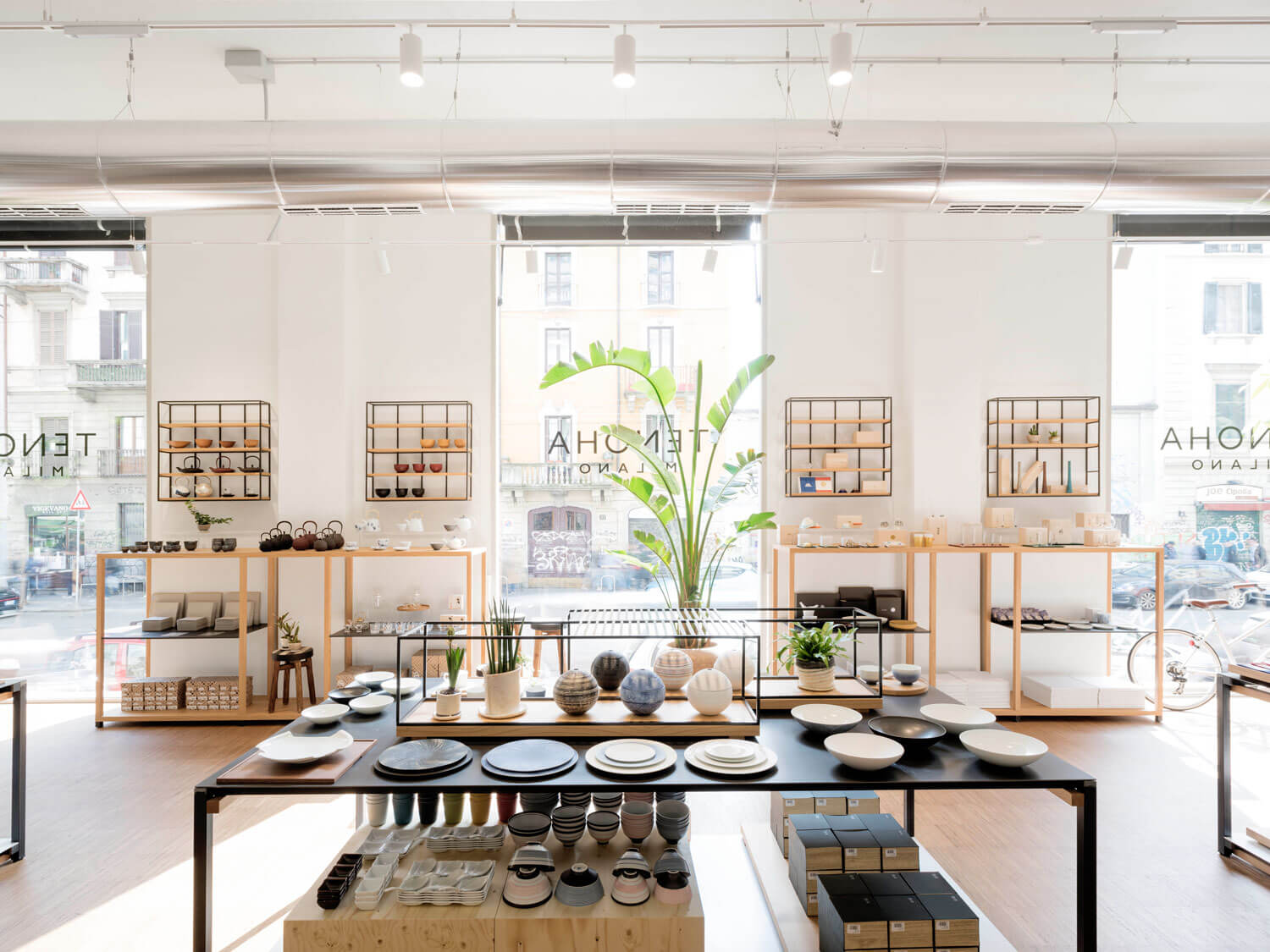
© Tenoha Milano
The design of the café and concept store Tenoha leaves visitors feeling like they’ve travelled 5,600 miles just by opening the door. Located in a former wallpaper factory measuring 8,000 ft2, the hybrid establishment is found in the Navigli district, near the canals.
The Tenoha café in Milan stands out from the crowd for two reasons; firstly, because co-working spaces are rare in the centre of the Italian fashion capital, and secondly, because part of the design was created by the Italian architectural firm Park Associati, in collaboration with the Japanese owner Hiroshi Sato. The aim was simply to create a space where Milan and Tokyo would meet. As the propietor of a number of cafés in Japan, the owner wanted his Milan space to bring together Japanese ambiance and Italian culture.
More than a simple café, the space is dedicated to Japanese culture in all its forms. The shop offers a range of glassware, stationery, and products imported directly from Japan. The restaurant menu was conceived by chef Hideyuki Manaka, owner of the Italian restaurant Da Fiore in Tokyo. What to choose between tonkatsu pork cutlets, udon noodles, and yuzu and tofu salad, served according to the Milanese tradition of the aperitivo? Go on, try all three.
More information on Tenoha can be found on the concept store’s website.
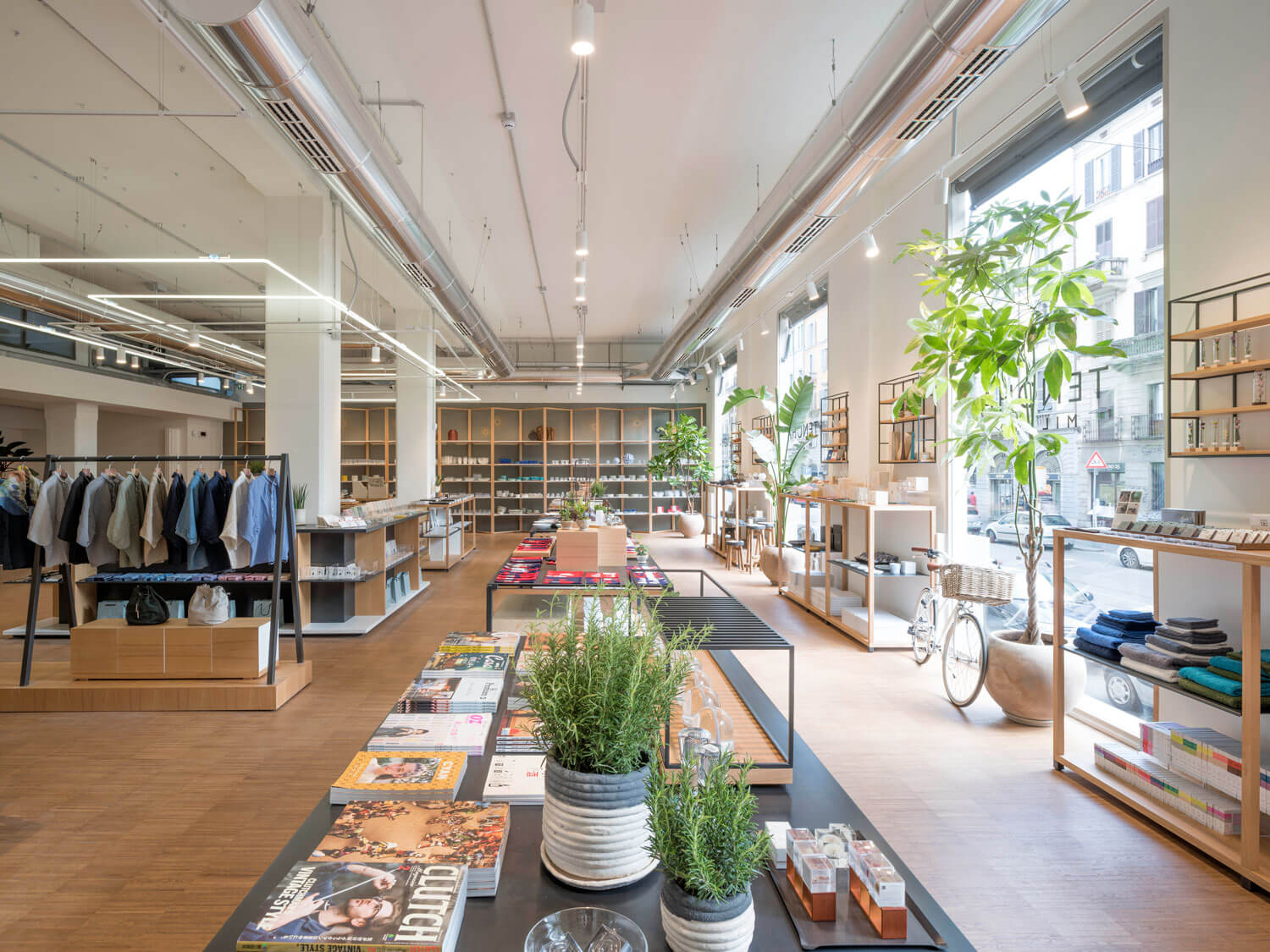
©Tenoha Milano
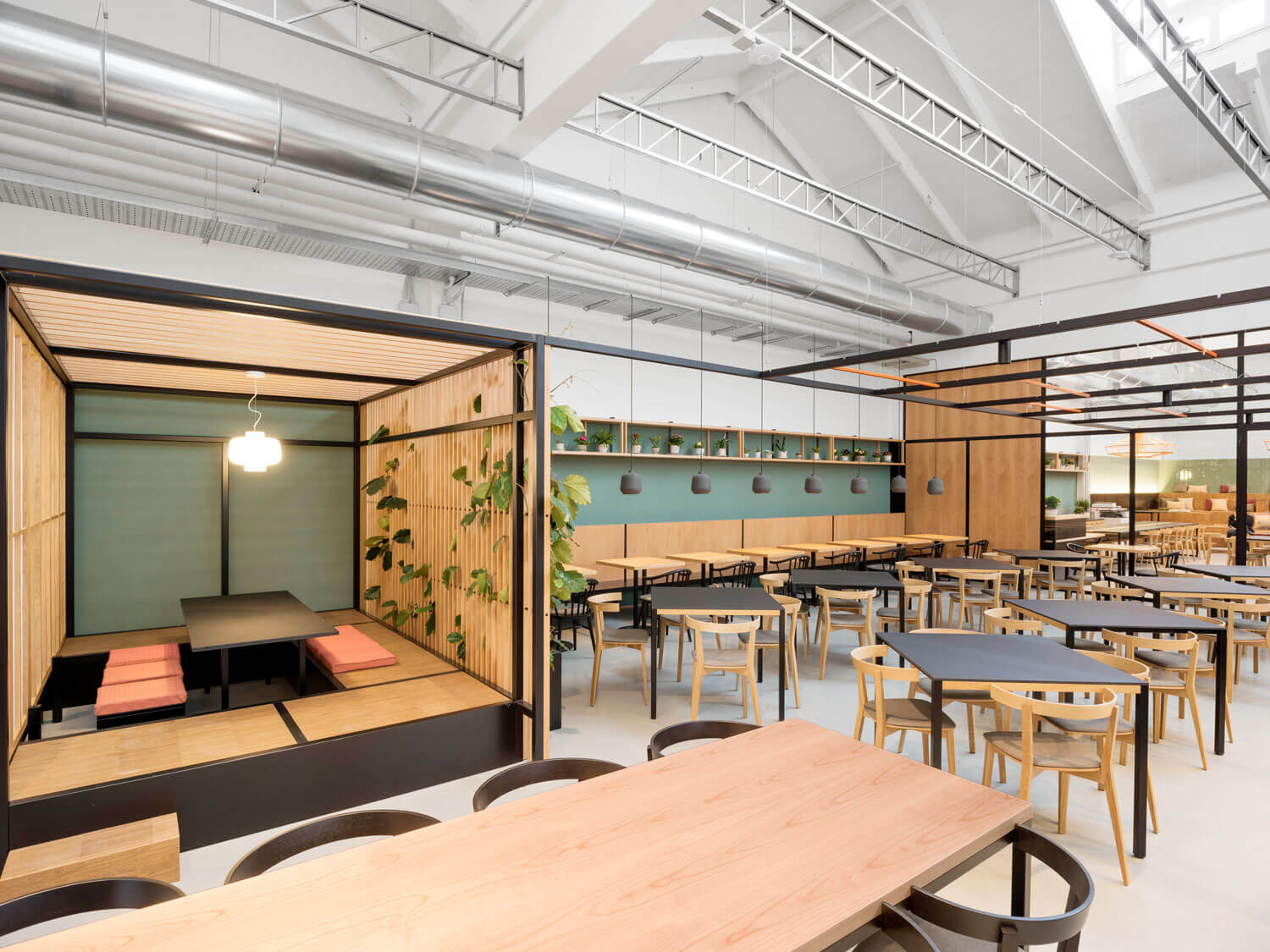
©Tenoha Milano

©Tenoha Milano
TRENDING
-
Hiroshi Nagai's Sun-Drenched Pop Paintings, an Ode to California
Through his colourful pieces, the painter transports viewers to the west coast of America as it was in the 1950s.

-
A Craft Practice Rooted in Okinawa’s Nature and Everyday Landscapes
Ai and Hiroyuki Tokeshi work with Okinawan wood, an exacting material, drawing on a local tradition of woodworking and lacquerware.

-
The Tattoos that Marked the Criminals of the Edo Period
Traditional tattoos were strong signifiers; murderers had head tattoos, while theft might result in an arm tattoo.

-
‘Shojo Tsubaki’, A Freakshow
Underground manga artist Suehiro Maruo’s infamous masterpiece canonised a historical fascination towards the erotic-grotesque genre.

-
‘Seeing People My Age or Younger Succeed Makes Me Uneasy’
In ‘A Non-Conformist’s Guide to Surviving Society’, author Satoshi Ogawa shares his strategies for navigating everyday life.

